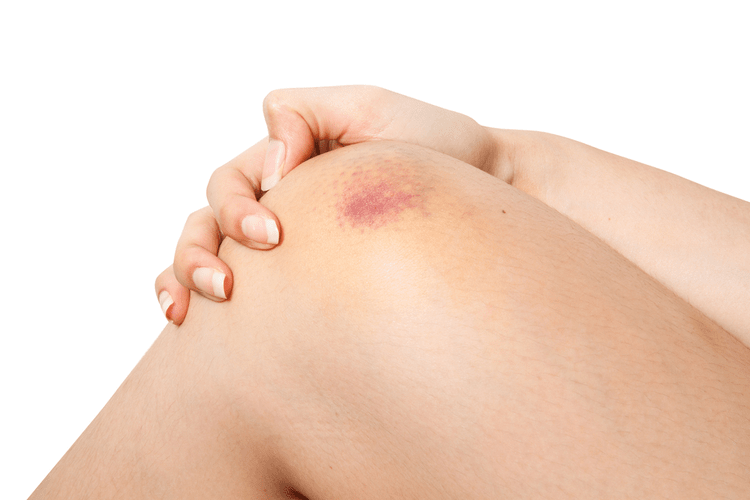Betflag Domande e risposte sui casino’ Forum italiano sui casino online
June 29, 2022OdiBet App Kenya » OdiBets Mobile App » Download Android
July 28, 2022Addiction plays a mediating role in the lives of covert narcissists, offering a false sense of control and superiority while masking their impaired ability to regulate emotions and behaviors effectively. From drug abuse to problematic social media use, addiction manifests in various forms among covert narcissists, helping them avoid confronting their vulnerabilities and shortcomings. Covert narcissists often exhibit narcissistic tendencies intertwined with addiction issues, where substances or behaviors serve as a coping mechanism to alleviate their underlying insecurities and fears. Support groups specifically for narcissistic personality disorder can provide a space for individuals to work on self-awareness and interpersonal skills. Cognitive Behavioral Therapy (CBT) is a key treatment for narcissistic alcoholism.
- Our treatment programs provide a comprehensive, compassionate approach with medical stabilization and emotional support.
- It makes me perfect, makes me brilliant, makes me self efficacious.
- Learning about clinical narcissism and alcoholism independently makes it easier to understand their connections and how the conditions may influence one another.
- A high functioning alcoholic is an individual who maintains a facade of success and competence while struggling with alcoholism.
Symptoms of Daughters of Narcissistic Mothers

They also blame others for making them act as they do, rather than taking responsibility. Records of the care you receive from Charlie Health will be shared with your primary care provider (PCP) via an electronic patient record system or provided in a different manner unless you opt out. Relationships may be unstable with increased conflict, Lyter says. There may be lots of arguments and disagreements without healthy conflict-resolution skills. When you’re caught in the crossfire of someone with these symptoms, recognize that you aren’t responsible for their behavior—as much as they might try to pin it on you or someone else.
Rate of Recovery With Mental Illness
Some research suggests narcissistic traits may increase in prevalence in individualistic societies. Dialectical Behavior Therapy (DBT) teaches skills to manage emotions and improve interpersonal relationships. This can be particularly helpful for those struggling with narcissistic traits and alcohol abuse. Alcohol abuse exacerbates Sober living house these traits, causing mood swings and unpredictable behavior.
Grandiose and Vulnerable Narcissism and Alcohol Outcomes
Otherwise, there will be no blackout or brownout, no matter how much you drink. If you want to act in a certain way and you have to think about it, it doesn’t come to you naturally and automatically, but it’s part of a script, it’s part of an act. An alcoholic, or someone under the influence, is disinhibited in the sense that he no longer avoids or controls his behavior, and so he acts on pre-existing wishes. So in my personal opinion, as someone who had been trained in medicine and in psychology, I don’t buy this story that alcoholism is a brain disorder. And there are numerous alcoholics who succeeded to wean themselves off alcohol.
- Effective recovery requires a steadfast commitment to long-term care and support.
- By recognizing the signs of narcissistic alcoholism and setting boundaries, individuals can protect themselves from emotional abuse and seek the necessary support for healing and recovery.
They may engage in reckless or attention-seeking behaviors without considering the consequences, further reinforcing their narcissistic self-perception. People with narcissistic traits may covert narcissist alcoholic turn to alcohol as a form of self-medication. Alcohol can temporarily alleviate insecurity, anxiety, or depression, providing confidence and relief from emotional pain. By numbing their emotions, individuals with narcissistic tendencies may rely on alcohol to maintain their grandiose self-image and mask their underlying insecurities. One limitation of this study is the lack of diversity in the sample’s age (18–25) and race (88% Caucasian). Some research has found racial differences in regards to college drinking.

Narcissistic personality disorder (NPD) and alcohol use disorder (AUD) have profound impacts on relationships, behaviors, and overall well-being. Read on to learn more about both disorders and how to treat them. On the other hand, the term “alcoholic” describes someone who has an alcohol use disorder (AUD), which is the clinical term for an alcohol addiction. Some mental health conditions are likely to occur together, and when they do, they’re called co-occurring disorders. Medications like Campral, Topamax, and Revia have greatly improved AUD recovery rates. By doing so, a person is less likely to be “over-treated” for a condition they may not actually have.
Narcissisticmind.com
Alcoholics believe that drinking comes first, even at the expense of the needs of their loved ones. https://alhindhealthtourism.com/the-5-stages-of-alcohol-addiction-and-alcoholism/ Their need to drink alcohol often negatively affects their relationships, as they put their drinking before others’ feelings. Narcissism is a personality trait expressed as selfishness, an extreme sense of entitlement, attention seeking, and a lack of empathy.
